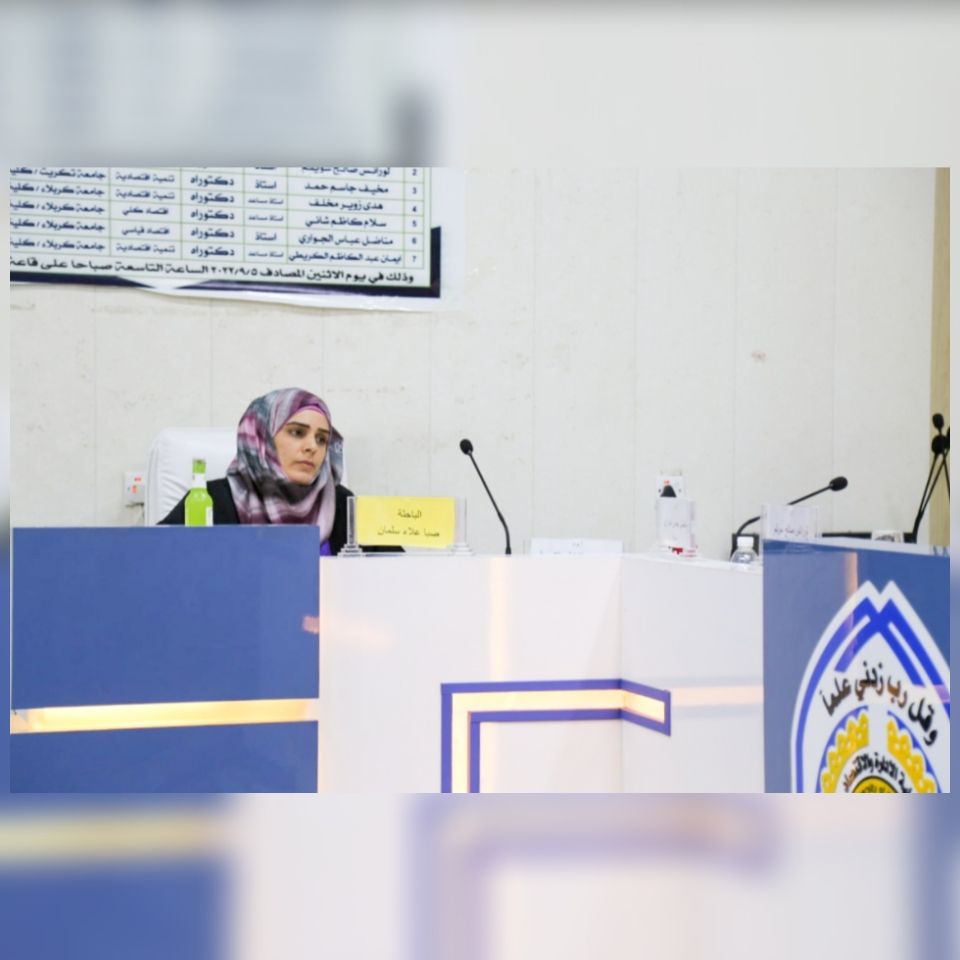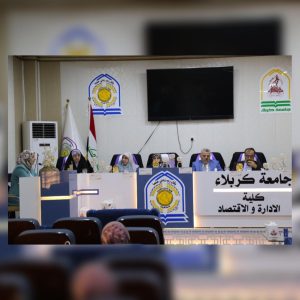Analyzing and measuring the impact of non-oil revenues on some economic indicators of selected oil countries, with special reference to Iraq
Thesis submitted to the Councils of College of Administration & Economics , Karbala University
Which is part of the requirements of the P.H.D degree in Economics Sciences
By
Saba alaa salman
Supervision
Dr-Prof Assistant-Prof
Munadhil Abbus Al –jowari Eiman AL-Gradi
Abstract:
Achieving economic development globally is largely linked to the availability of financial resources, and is closely linked to them, and there should be a match between public spending and tax proceeds, the efficiency of the tax system and tax awareness. Economic development is one of the goals that countries seek because of its positive repercussions on national economies, including the selected sample countries (Saudi Arabia, United Arab Emirates, Iraq), as countries strive to use their economic policy such as fiscal policy (fiscal policy). ) as the most influential policies such as tax policy, government spending policy, and public debt policy, so the research aims to identify the reality of non-oil revenues in some economic indicators in the selected sample countries (Saudi Arabia, United Arab Emirates, Iraq) during the period (2004-2020). ), . Analyzing and comparing the percentage of non-oil revenues in the gross domestic product in the selected sample countries. After that, the non-oil revenues were analyzed and measured by adopting modern econometric methods as the ARDL, panel data methodology) in some economic indicators in the selected sample countries. The research period mentioned, as well as the existence of a direct and positive relationship between the total fixed capital formation (Kt) in the United Arab Emirates and non-oil revenues (Rt), and also the existence of a positive relationship between commodity exports (Ext) and non-oil revenues in Iraq, and the study ended with a number of Conclusions and recommendations.































































